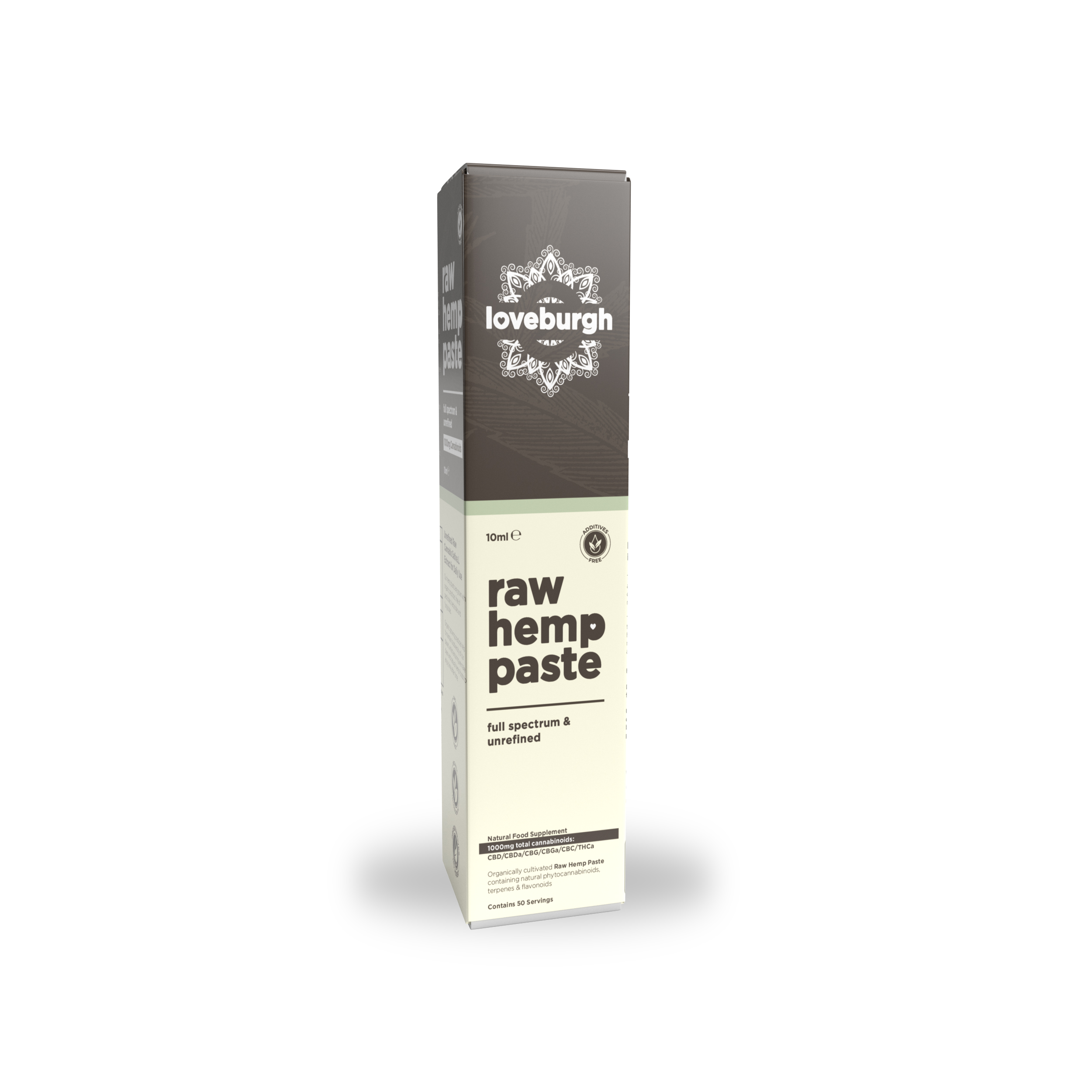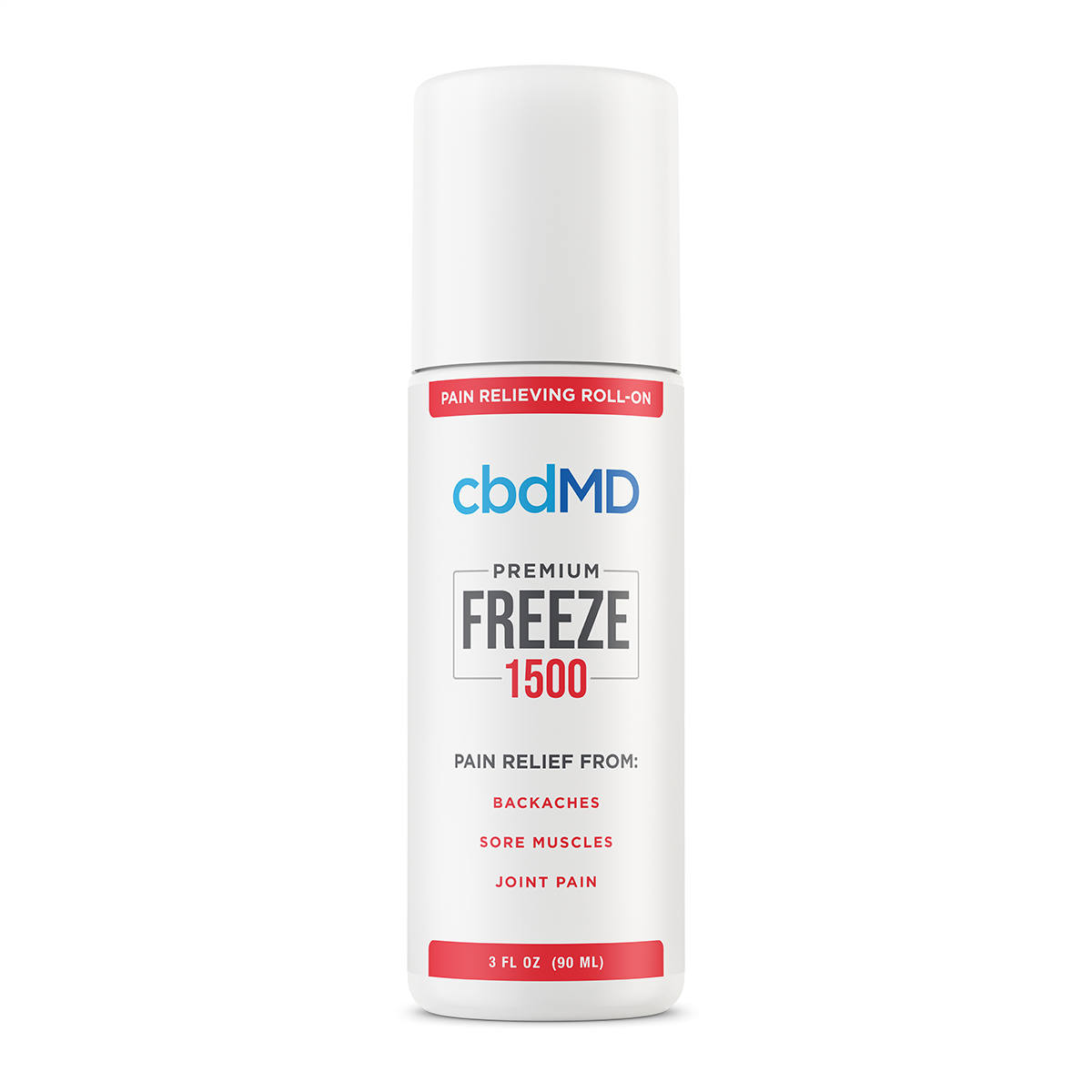
CBD can treat many common health problems. It acts as an anti-inflammatory and pain reliever as well as a blood pressure reducer. These ailments are not being treated with CBD. This article will provide information about this compound. It may interest you to learn more about its potential applications for humans.
Cannabidiol
Cannabidiol (CBD) is a naturally occurring compound that interacts with the human body's endocannabinoid system. This system regulates many bodily functions, including the production and use of hormones and neurotransmitters. It releases compounds known as endocannabinoids which attach to the cells of the body. These compounds interact with the body's neuronal cells to regulate a wide range of processes, including differentiation and growth.
CBD and Cannabidiol are linked to many conditions. They may also be beneficial for those with anxiety or depression. It is also useful in pain management. CBD can also be helpful for people suffering from inflammatory conditions like Parkinson's disease.
Chinese believe CBD has pain-relieving and anti-inflammatory properties. Many scientists are studying this substance. CBD has also been shown to have a positive effect on mood and the immune system. CBD is thought to have long-lasting effects.
CBD has been shown to improve brain signalling and reduce schizophrenia symptoms. Researchers suspect that CBD may have an inhibitory effect on anandamide activation. GW Pharmaceuticals did a 2014 study which used CBD to supplement antipsychotic drugs.
Cannabidiol, which is approved for the treatment of seizures in epileptics, has also been approved. It is now widely available on the NHS in the UK. It is the first medication approved for use using this compound. While cannabidiol cannot be used to induce seizures, it does reduce their severity by interfering the with the endocannabinoid.
Pain reliever
CBD is a natural pain reliever that occurs naturally in the cannabis plant. It comes in many forms including oils, pills, and edibles. CBD is absorbed into the body within 20 minutes to four hours. CBD oils, which are concentrated forms of CBD, are used commonly as pain relievers.
CBD works by affecting the body's endocannabinoid system. This system regulates sleep, mood and reproduction. It is also known to help relax, lower anxiety and regulate sleep. It is also used to treat chronic pain.
CBD works by activating CB2 receptors (ECS), which help your body manage and control pain. These receptors are often linked to various conditions and diseases such as migraines or fibromyalgia. Cannabinoids can also be used to reduce pain thresholds and prevent the formation of inflammatory particles. These compounds have a similar effect to nonsteroidal inflammatory drugs (NSAIDs), in that they block the enzyme that creates prostaglandin.
The effectiveness of CBD and THC in pain management has been proven by studies. Despite CBD being an unregulated substance it has been shown that CBD can help with chronic pain. Research has shown CBD to have positive effects on inflammation, appetite and mood.
CBD and Cannabinoids can be produced by the body. These receptors are thought responsible for pain perception and inflammation. However, the exact mechanism that CBD provides pain relief is still being investigated.
Anti-inflammatory

One of the reasons that CBD is an anti-inflammatory compound is that it inhibits the expression of pro-inflammatory cytokines in the human body. In mice, CBD inhibits the expression of TNF-a and IL-8 through the inhibition of adenosine equilibrated nucleoside transporter 1 (ENT1). CBD also inhibits adenosine reuptake, which inhibits TNFa production.
There are many problems with the musculoskeletal structure that can be caused by inflammation. These include tendonitis. osteoporosis. fibromyalgia. And autoimmune disease. Chronic inflammation of the musculoskeletal system may cause stiffness and decreased ability to complete basic tasks. CBD can relieve these conditions by improving skeletal muscle function.
CBD in the form of bath oils can have additional therapeutic benefits for the body. The benefits of CBD baths include pain relief, inflammation reduction, relaxation, and stress relief. They can also treat minor skin conditions. CBD oil doesn't penetrate the skin to reach the bloodstream. However, it does interact with CB2 receptors on the skin.
CBD can also be used in multiple sclerosis. Multiple sclerosis refers to a neurodegenerative condition that causes inflammation of the central nervous systems. Preclinical research has shown CBD to be effective in protecting nerves, and rebuilding neural tissue. It has also recently been evaluated for use in allergic contact dermatitis, which results in hives, swelling, and itching. CBD has been shown in studies to lower inflammation levels, although more research is needed.
There are many pathways where CBD interacts with the brain. It is also known to activate TRPV15 the vanilloid-receptor channel, which regulates pain and temperature. These interactions are thought be responsible for CBD's antiinflammatory properties in central nervous system. CBD interacts directly with the PPARy signal, which is believed to be important for CBD's antiinflammatory actions.
Blood pressure medication
CBD is a nonpsychoactive, cannabinoid. It is being investigated for its potential as blood pressure lowering properties. It's believed to reduce blood pressure by lowering the heart rate-induced increase in blood pressure. CBD isn’t intoxicant. However, it is a powerful supplement which can have a profound influence on your overall health.
CBD is a potent antihypertensive, and it has multiple functions. One function of CBD is to reduce anxiety, stress and other factors that contribute to high bloodpressure. CBD can also improve quality of sleep and improve mental focus. This is a characteristic that can be associated with lower blood pressure.
These benefits are not supported by solid evidence. CBD has been shown to lower blood pressure. A few preclinical trials have shown CBD's ability to lower blood pressure and reduce stress responses. In humans, this effect has not been confirmed, but researchers hope that it will be a useful tool in the future for reducing high blood pressure.
A number of prescription medications have also been shown to interact well with CBD. The CBD has been shown to reduce the amount of the Cyp3a4 enzyme that regulates blood pressure. CBD can alter the blood pressure medication's effects, making CBD contraindicated in certain cases.
While CBD is not known to have an effect on blood sugar, evidence suggests that CBD can help improve mood. Research suggests that CBD's brain activity may be able to help people deal with stress and improve mood. CBD oil may have a positive effect on blood pressure. To fully understand these interactions, more research is needed.
Acne Treatment

CBD can be used to treat acne. First, it has antibacterial and anti-inflammatory properties. It is suitable for all skin types. It won't cause any problems with products you already use. CBD's oily properties won't block pores like other creams.
CBD has been proven to be an effective treatment for acne. It is completely non-toxic, cruelty-free, vegan, and free from parabens. In addition, it has the added benefit of being made in the USA. It might be worth trying.
Acne affects many people. Hormonal acne can be difficult to treat for some people. Cystic lumps under the skin are a sign of this type of acne. Because cystic lumps on the underside can be hard to treat, many patients resort to oral medication for their hormonal imbalance. The treatment of hormonal acne with CBD oil could also be possible.
CBD could also be used to reduce the production of sebum. Sebum is an oily, waxy substance produced by the skin glands. An excess of sebum can result in acne and even scarring. CBD is a natural way to control acne. Keep your skin clean and free from oil. It can reduce inflammation and regulate oil production.
CBD can be used to treat acne and reduce scarring. CBD can reduce the appearance of acne scarring and also relieve the itching that acne can cause. CBD can also be used to reduce inflammation and promote the formation of healthy tissues.
FAQ
What are the most common mistakes companies make when they try to enter the US market for cannabinoid products?
Uncertainty about the regulations for cannabis products is the first mistake. This could result in you needing to alter your product formulation.
A second error is not properly labeling your product. You must know whether your product contains CBD, THC, or both.
Thirdly, you should understand how to package your product correctly. If your product contains THC, you need to ensure it is packed in child-resistant containers.
If your product does NOT contain THC you should still adhere to all packaging laws. There is a lot of states where cannabidiol, or CBD (CBD), is legal.
You should also keep track of recalls that may have occurred with your products. If there is a problem with your product, it is important that you inform customers as quickly as possible.
Is CBD a good investment?
As hemp-based products gain popularity, so does the market. By 2022, the market for hemp-based products will reach $1 billion.
The market is also expected to continue growing at an annual rate of over 20% until 2020, when it reaches $2.5 billion.
Hemp oil has been used in many beauty products and health care products including creams, lotions.
There are many companies that produce CBD-infused foods, snacks, pet food and dog treats.
CBD is legal in all 50 states. However, this could change very soon. As more research is conducted into the potential uses of CBD, more laws will likely be passed, making it easier for businesses to operate legally.
These factors make it clear that CBD investing can be a profitable venture.
How can CBD products successfully be marketed by companies in compliance with regulations?
The FDA does not regulate hemp for its agricultural commodities. The FDA regulates cannabis derivatives (e.g. marijuana) under the Controlled Substances Act. To date, there are no specific regulations for CBD.
CBD is legal in 29 states. However, federal law still considers CBD illegal. This uncertainty is a problem for CBD-product sellers.
The FDA has specific guidelines on how CBD products must be marketed. The FDA requires that all CBD products clearly disclose their THC content. Without scientific evidence supporting this claim, CBD cannot be used to treat certain medical conditions.
Additional information is required by the FDA regarding manufacturers' manufacturing practices, quality control measures, and other details. They also require companies to conduct clinical trials to prove safety and efficacy.
These factors are crucial for companies to consider when developing their marketing strategies.
Statistics
- A recent systematic review of human trials also reported that individuals with epilepsy receiving CBD (5–20 mg·kg−1·day−1) were more likely to experience decreased appetite than those receiving placebo (i.e., ~20 vs. 5% of patients) (ncbi.nlm.nih.gov)
- CBD seems unlikely to directly influence sleep in healthy humans [115] (and maybe “sleep-promoting” in those with certain comorbid conditions) (ncbi.nlm.nih.gov)
- The use of these products is likely to become even more widespread if the World Health Organization's recommendation that CBD no longer is scheduled in the international drug control conventions is adopted by the United Nations member states [201]. (ncbi.nlm.nih.gov)
- While the primary injury may not be treatable, interventions that attenuate secondary sequelae are likely to be of benefit [203].Only one study (ncbi.nlm.nih.gov)
- however, one study also found that these effects were virtually abolished when the original media (a nutrient broth agar) was replaced with one containing 5% blood (increasing the minimum concentration to ~160 μM CBD) [179]. (ncbi.nlm.nih.gov)
External Links
How To
How to get certified for selling CBD products
One of many cannabinoids found within cannabis plants is CBD (cannabidiol). It has been used medicinally throughout history. This includes in South America, China, India and China. The ability to treat conditions such anxiety, pains, epilepsy, and inflammation has made CBD products extremely popular in recent times. But if you want to start selling CBD products, there's no official certification program available yet -- at least not in the U.S. That means anyone who wants to make money off their own line of CBD products has to rely on the "unofficial" process of self-certification.
There are two ways to go about this. The first is to join a local association of canna-business owners. This way, you can learn from others while getting support and advice. There are many organizations in the United States. Second, you can go online. Many states allow canna businesses to operate online. If your state allows online canna-businesses, you can immediately set up a website and begin accepting orders. However, you will still need to register at your state's Department of Public Health. After you have registered, you can apply for a license from your state's Department of Public Health. Once you have received your license you are officially authorized to open your store, accept orders, and close it.